Royal Navy helicopters have flown vital reconnaissance missions over devastated Honduras as relief operations continue in the wake of Hurricane Eta and Iota, say the Royal Navy.
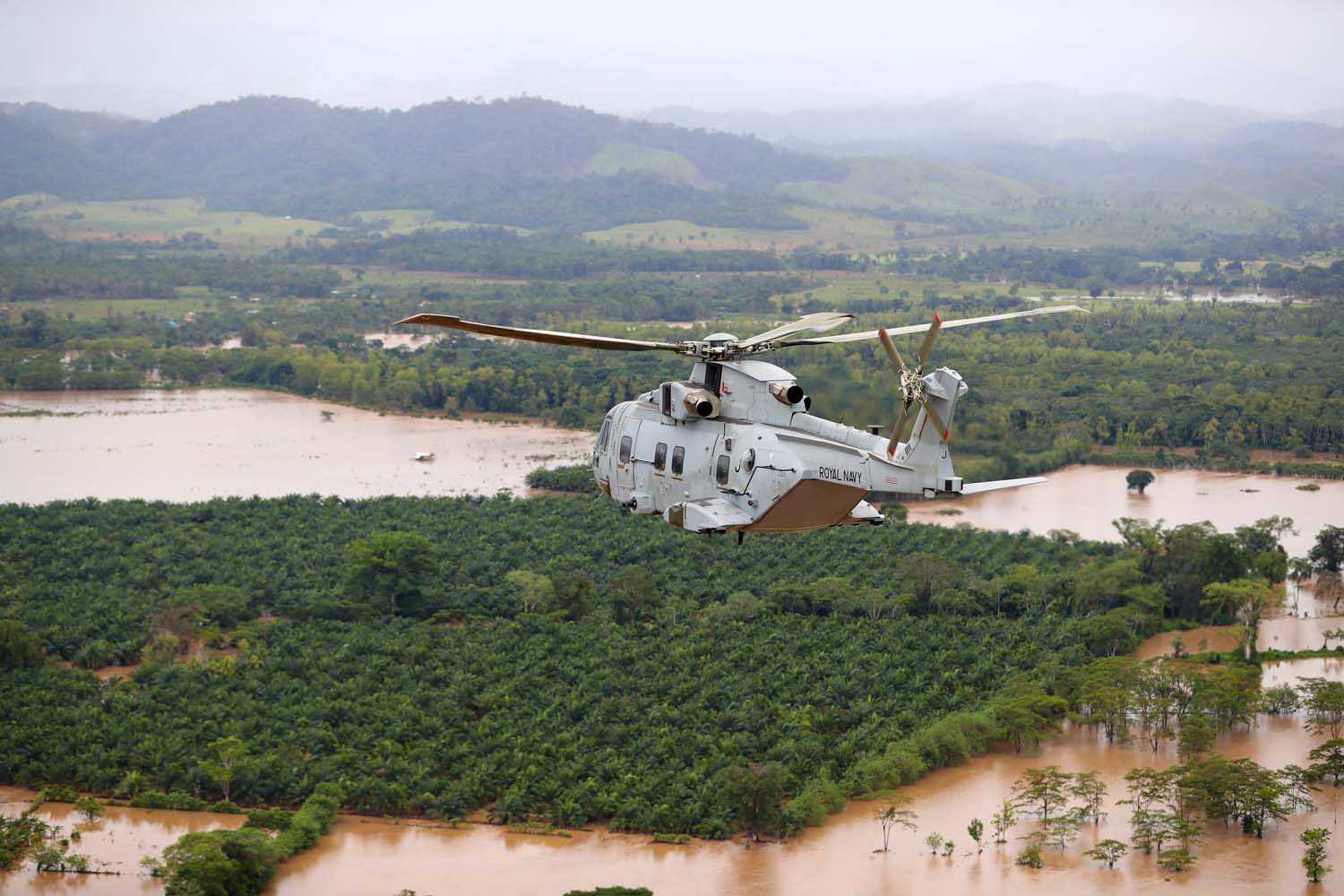
According to a Royal Navy news release here:
“Severe flooding and landslides following the two catastrophic storms have left millions of Hondurans displaced and isolated without food and clean water. The Royal Navy recently deployed RFA Argus to the north east coast of the Central American nation to support the United States military in the ongoing disaster relief efforts.
The support ship is being used as a ‘lily pad’ by US Army Chinooks to drop aid supplies ashore, while the embarked air group of three Merlin helicopters and a Wildcat have been flying crucial information-gathering sorties over ravaged areas.
Pilots and aircrew from 845 and 815 Naval Air Squadrons are conducting reconnaissance flights, using their helicopters’ powerful sensors and specialist equipment to collect information.
Information collected is proving essential in building a clearer picture on the ground and helping decisions made by US Southern Command and Joint Task Force Bravo – who are coordinating operations – on where best to drop essential aid.”
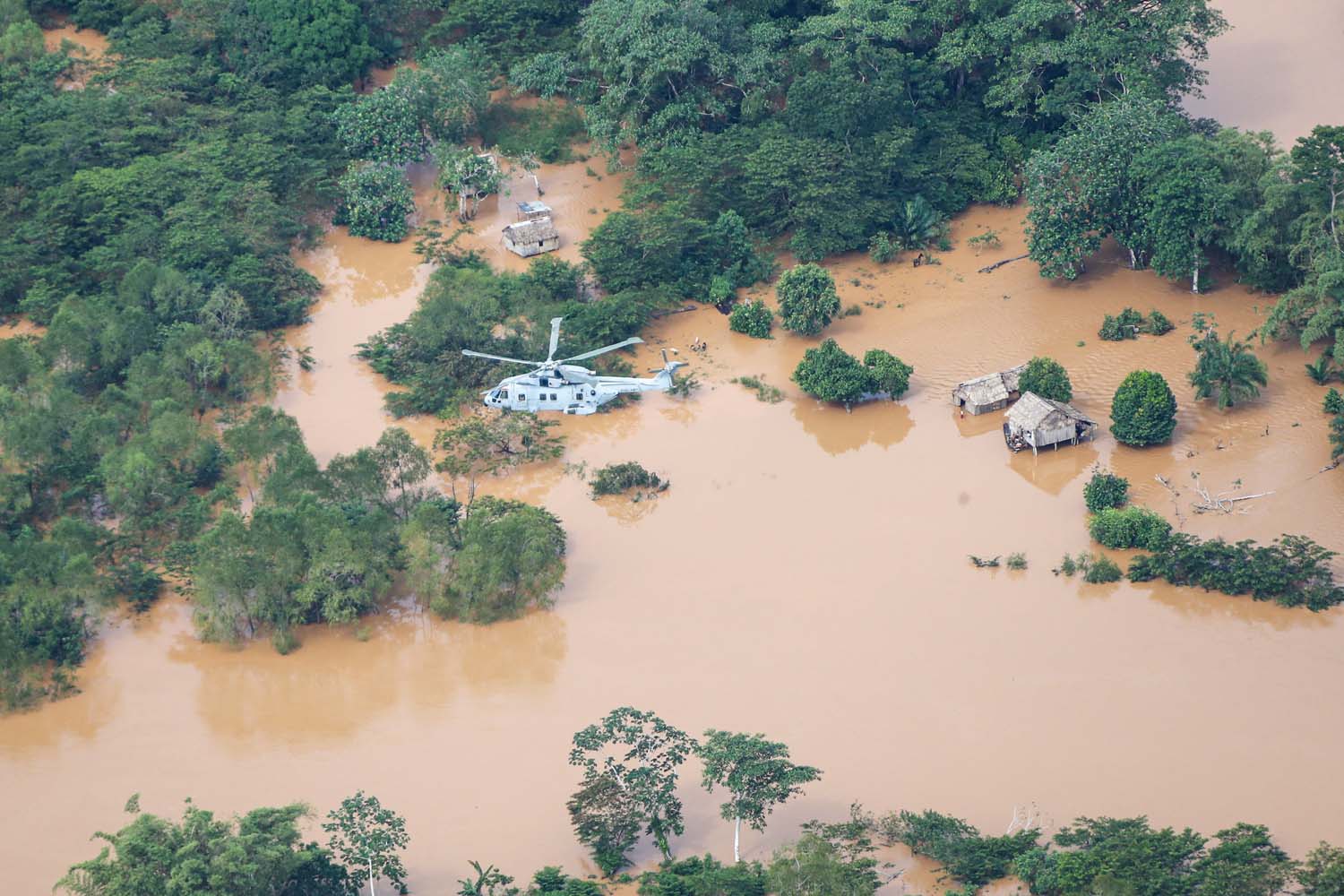
Commander Kate Muir, in command of the UK Task Group in the Caribbean, was quoted as saying:
“RFA Argus and embarked Royal Navy personnel are supporting US helicopters and conducting aerial surveys of hurricane damage. This allows prioritisation of emergency relief stores to the areas that need it most, usually remote areas that have been cut off by flooding and landslides. The information we are providing is proving essential to relief operations, and they are critical to responding quickly to help the people of Honduras.”


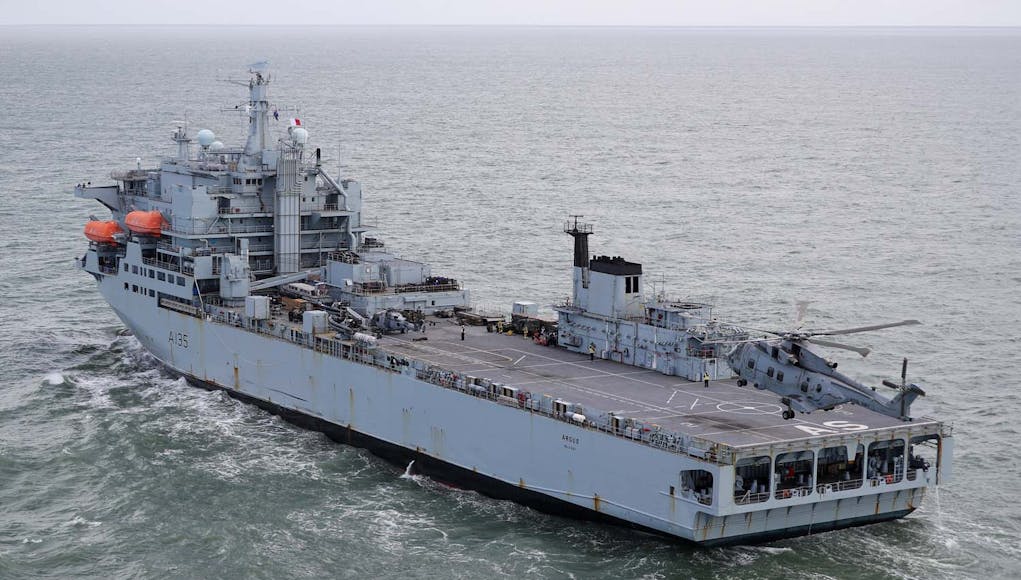
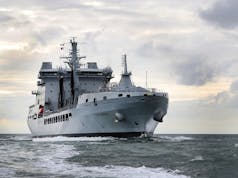
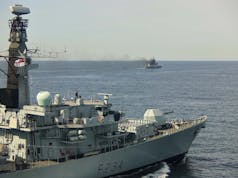
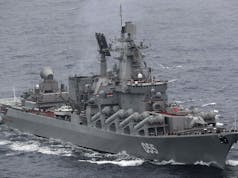
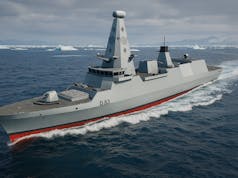

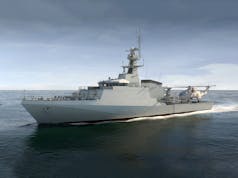

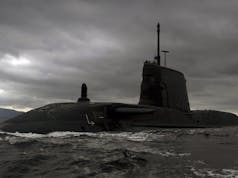
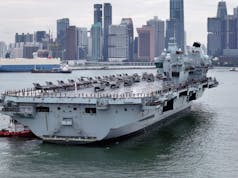
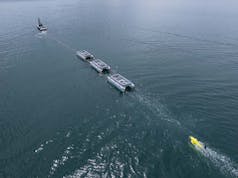

We seem to be permanently based there though ….. another case for a dedicated hospital ship ?
Obviously the case for a dedicated hospital / HADR ship is strong, but in peacetime surely this is one of the few roles for which Argus is actually suited? If HMG did approve a new hospital / HADR ship, I see it being unlikely to be anything other than an Argus replacement.
A LPH would be useful for disaster relief too & would need extensive hospital facilities too.
Pretty sure they just rotate in ahead of hurricane season… Which does appear to get longer each year!!
Not at all. We just need to make sure we have at least the current landing ship capability if not some more. The problem with a dedicated hospital ship is that it is useless for the majority of the time. The benefit of ships like argus is that they are there for all sorts of operations whether that be relief, war, anti piracy, drugs raids etc. It is more cost effective to have argus than a dedicated hospital ship.
if this isn’t Overseas Aid, then I am not sure what it is. This should be published by the FCO as part of the old DFiD stuff and count towards the 0.7% of GDP
MOD bills FCDO for much of the cost of these assignments and all the relief supplies are provided by UKAID. It does contribute to the 0.7%.
Hi Mark as noted by James if the MOD are requested to support another executive agency of HMG then they do bill for the time and resources.
As an example when running an Incident control centre stood up for say a major road traffic accidents ( say a big motorway disatser), airline crash or major weather event the Civilian authorities have go through a specific request process for armed forces support, This is mainly so the costs be billed to to the requesting agencies.
I’ve run ICCs where individual organisations have got in right hot water for asking for a bit of help from the military ( and I mean something as simple as an acute hospital asking a local base commander for a couple of 4x4s and drivers) outside of the formal request frame work for formal request from an executive agency. The actual process is that it should go from local organisation identifying a need to local ICCs deciding if they can resource or do without the need, to regional request onto central leadership of executive agency then to Whitehall and finally a minister who then asks the MOD,,,,who then allocates the reasources it thinks is needed from the long chain of information ( not. What was asked for by the people on the ground and may now be needed at the time).
its always been a real bugbear for most people who have had to manage any form of major incident or Incident control centres, when we know harm is being cause due to lack of reaources while we have the same resources sat in military bases doing sweet FA and when someone actually goes and ask they end up getting a telling off ( which goes up from the military to white hall, crosses to the minister with oversight for the responsible executive agency and back down the link to the organisation that asked and finally all that ton of crap hits the poor operational manager who was just trying to get staff to patients in a four by four…..)
sorry bit of a bug bear of mine that one.
Has David Lammy complained about how bad it is for White British people to go to none white countries in which to help them yet?
Probably does not fit his agenda!